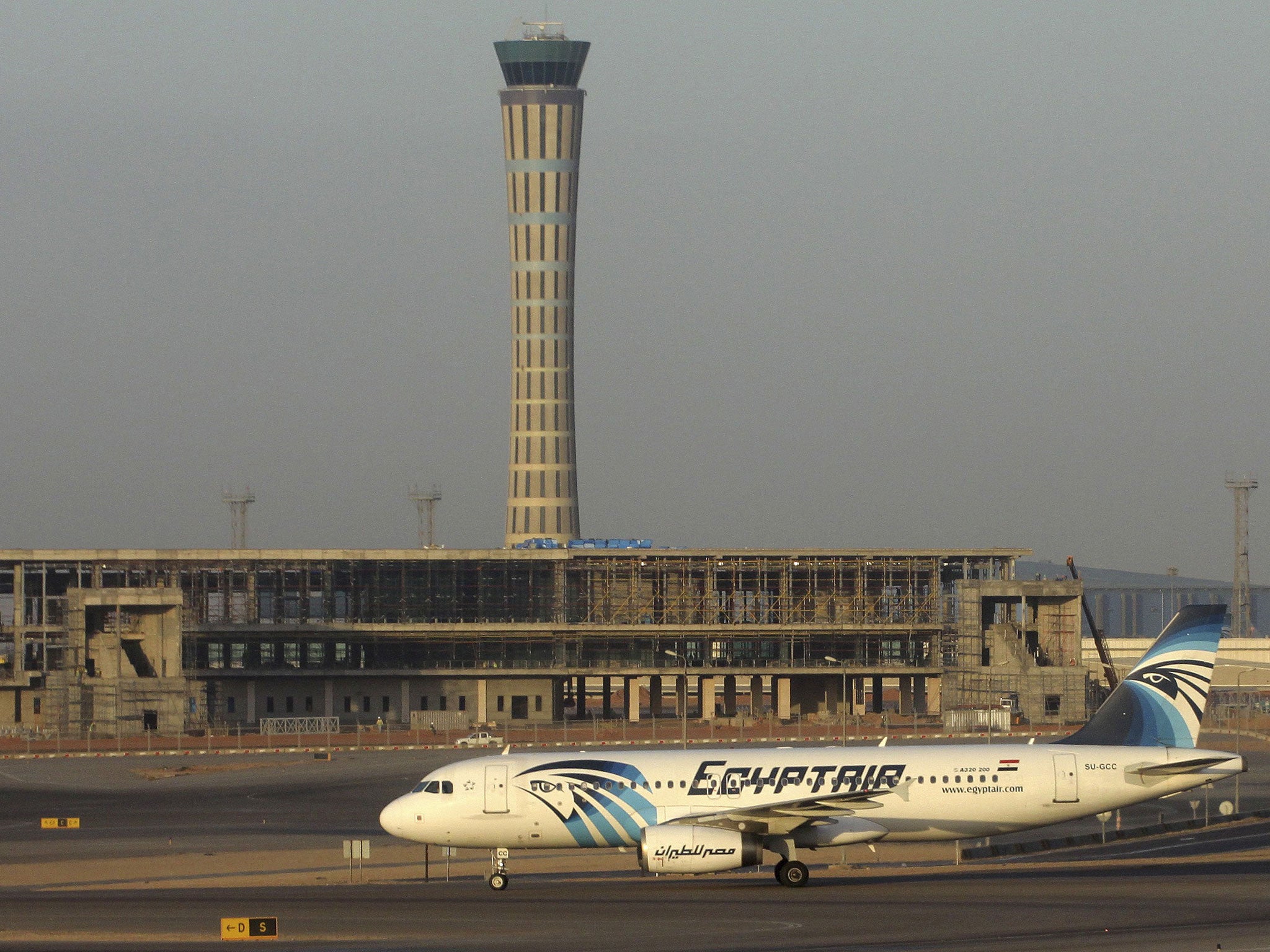EgyptAir flight MS804: Missing jet could rock faith in aviation if worst fears about crash are confirmed
The apparent absence of any distress signal means the possibility of terrorism will loom large in investigators’ minds

Your support helps us to tell the story
From reproductive rights to climate change to Big Tech, The Independent is on the ground when the story is developing. Whether it's investigating the financials of Elon Musk's pro-Trump PAC or producing our latest documentary, 'The A Word', which shines a light on the American women fighting for reproductive rights, we know how important it is to parse out the facts from the messaging.
At such a critical moment in US history, we need reporters on the ground. Your donation allows us to keep sending journalists to speak to both sides of the story.
The Independent is trusted by Americans across the entire political spectrum. And unlike many other quality news outlets, we choose not to lock Americans out of our reporting and analysis with paywalls. We believe quality journalism should be available to everyone, paid for by those who can afford it.
Your support makes all the difference.What caused a well-made and maintained aircraft on a routine flight to plunge from 37,000 into the Mediterranean? Any number of events could explain the loss of the Airbus A320 on a scheduled flight from Paris Charles de Gaulle to Cairo.
Possible explanations for the loss of Egyptair flight MS804, and the 66 souls on board, cover a wide range. They includes a catastrophic mechanical failure; pilot error or deliberate human intervention on the flight deck; or even being struck by a missile, as MH17 was over Ukraine.
But aviation remains the target of choice for terrorists. And as with the Metrojet Airbus A321, which crashed in the Sinai Desert last October on a flight from Sharm El Sheikh to St Petersburg, the apparent absence of any distress signal means that the possibility of terrorism will loom large in investigators’ minds.
Follow the latest live updates here
Within aviation, the key issue that keeps airport and airline bosses awake at night is security - and, in particular, the “insider threat”. At an airport such as Charles de Gaulle, tens of thousands of employees have access to the airside, beyond the security search area. While personal searches of staff are generally as rigorous as for passengers, an insider who understands the movement of goods to airside locations is regarded as potentially dangerous.
It is thought that the Metrojet crash, in which 224 people died, was caused by a bomb placed on board the plane while it was on the ground at Sharm El Sheikh. Shortly after the crash, the Foreign Office banned UK airlines from flying to the airport in Egypt’s premier resort because of concerns about the quality of security checks. That prohibition remains in place, and the absence of British holidaymakers through the winter has caused immense damage to the nation's tourist economy.
The work to discover what cause the loss of MS804 will be painstaking, and is likely to involve literally piecing together the wreckage. If investigators conclude that an explosive device was placed - or carried - on board, the next question is where that act of terrorism took place.
The aircraft had flown in from Cairo on Tuesday evening after visiting Tunis and the Eritrean capital, Asmara. Checks of the cabin and the holds are routinely made, but the possibility that something was placed on board in one of the other locations cannot be ruled out at this stage. If that were the case, confidence in the nation's aviation security would be wrecked - and Egypt’s ailing economy would be implode still further.
Conversely, if it were thought that an insider at Paris CDG was responsible, airline passengers' faith in global aviation would be shaken. The French capital’s main airport is the busiest in Continental Europe, and an extremely important hub for travellers.
While the search and recovery operation gets under way, airports and airlines will be looking intently at their operations - and who gets access to them.
After the Metrojet tragedy in October, the aviation security expert Philip Baum noted that many airport employees are “low-paid, transient workers,” and said: “Identifying ‘bad eggs’ is no easy task, especially in an environment which is driven by speed, customer service and on-time performance.”
Join our commenting forum
Join thought-provoking conversations, follow other Independent readers and see their replies
Comments